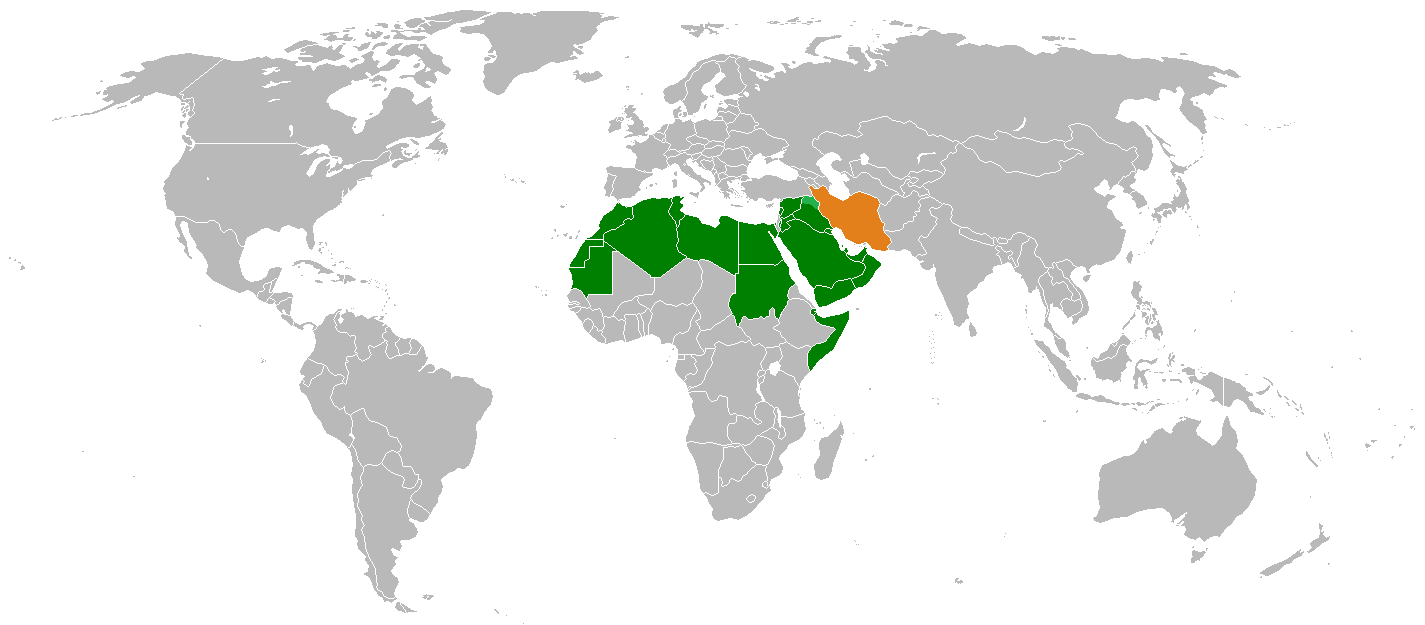- Courses
- GS Full Course 1 Year
- GS Full Course 2 Year
- GS Full Course 3 Year
- GS Full Course Till Selection
- Online Program
- GS Recorded Course
- NCERT (Recorded 500+ Hours)
- Polity Recorded Course
- Geography Recorded Course
- Economy Recorded Course
- AMAC Recorded Course
- Modern India, Post Independence & World History
- Environment Recoded Course
- Governance Recoded Course
- Science & Tech. Recoded Course
- International Relations and Internal Security Recorded Course
- Disaster Management Module Course
- Ethics Recoded Course
- Essay Recoded Course
- Current Affairs Recoded Course
- CSAT
- 5 LAYERED ARJUNA Mentorship
- Public Administration Optional
- ABOUT US
- OUR TOPPERS
- TEST SERIES
- FREE STUDY MATERIAL
- VIDEOS
- CONTACT US
TRAI Tightens Rules to Curb Spam Calls and Text Messages
TRAI Tightens Rules to Curb Spam Calls and Text Messages

- In a significant move to combat the menace of spam and unsolicited commercial communication (UCC), the Telecom Regulatory Authority of India (TRAI) has notified an amendment to the Telecom Commercial Communications Customer Preference Regulations (TCCCPR), 2018, on February 12, 2025.
- These new rules aim to enhance customer protection, strengthen regulatory enforcement, and promote transparency in commercial communication.
TRAI’s Revised Rules vs Earlier Rules under TCCCPR, 2018
|
Aspect |
Earlier Provision (TCCCPR, 2018) |
Updated Provision (Feb 2025 Amendment) |
|
Complaint Window for Spam Calls/SMS |
Customers could file complaints within 3 days of receiving spam. |
Complaint window extended to 7 days. |
|
Action Timeline for Unregistered Telemarketers (UTMs) |
Telcos had 30 days to take action. |
Telcos must act within 5 days. |
|
Threshold for Action Against Spammers |
Action was taken if 10 complaints in 7 days were received. |
Action now triggered by 5 complaints in 10 days. |
|
SMS Header Tagging for Message Type |
No clear tagging system for easy identification. |
SMS headers must be tagged with: |
|
Number Series for Telemarketing |
Telemarketers used 10-digit numbers or 140 series. |
10-digit numbers banned for telemarketing. |
|
Action Against Repeat Violators |
General warnings or disconnections without strict penalties. |
- 1st Violation: 15-day bar on outgoing services. |
|
Penalties on Telcos for Misreporting Spam Complaints |
Not explicitly defined. |
Financial disincentives: |
|
Detection Mechanism (Spam Analysis) |
No AI-based detection mandated. |
Mandatory use of AI/analytics to detect patterns like: |
|
User Opt-Out from Promotional Messages |
Not strictly enforced. |
Telcos must provide opt-out mechanism, with opt-in option anytime. |
|
Telemarketer Registration Requirements |
Basic registration process. |
Mandatory physical verification, biometric authentication, and mobile number linking. |
|
Reporting Tools (DND App) |
DND app outdated and rarely used. |
Revamped DND app launched for easy spam reporting by use |
|
About Telecom Regulatory Authority of India (TRAI) The Telecom Regulatory Authority of India (TRAI) is the statutory regulatory body established to oversee and regulate the telecommunication sector in India. Key Facts:
TRAI vs TDSAT While TRAI is the regulatory authority, Telecom Disputes Settlement and Appellate Tribunal (TDSAT) is the adjudicatory body formed under the TRAI (Amendment) Act, 2000 to settle disputes arising from telecom regulation and decisions of TRAI. |
|
Also Read |
|
| Public Administration Optional | |
| UPSC Monthly Magazine | Question Answer Practice For UPSC |




